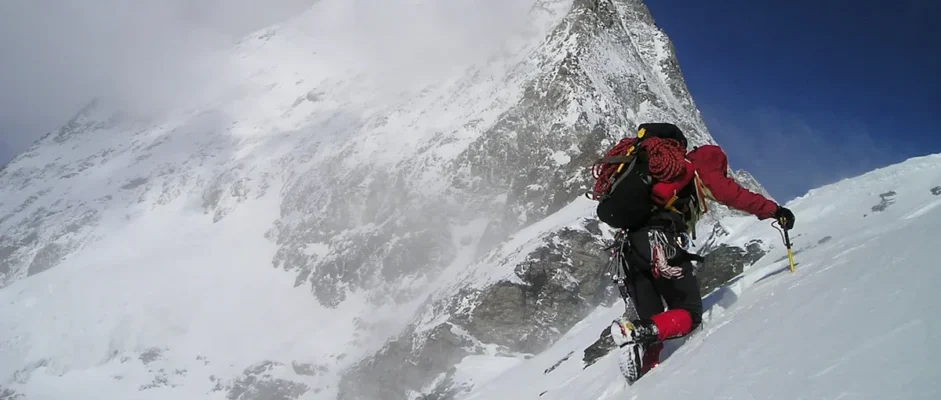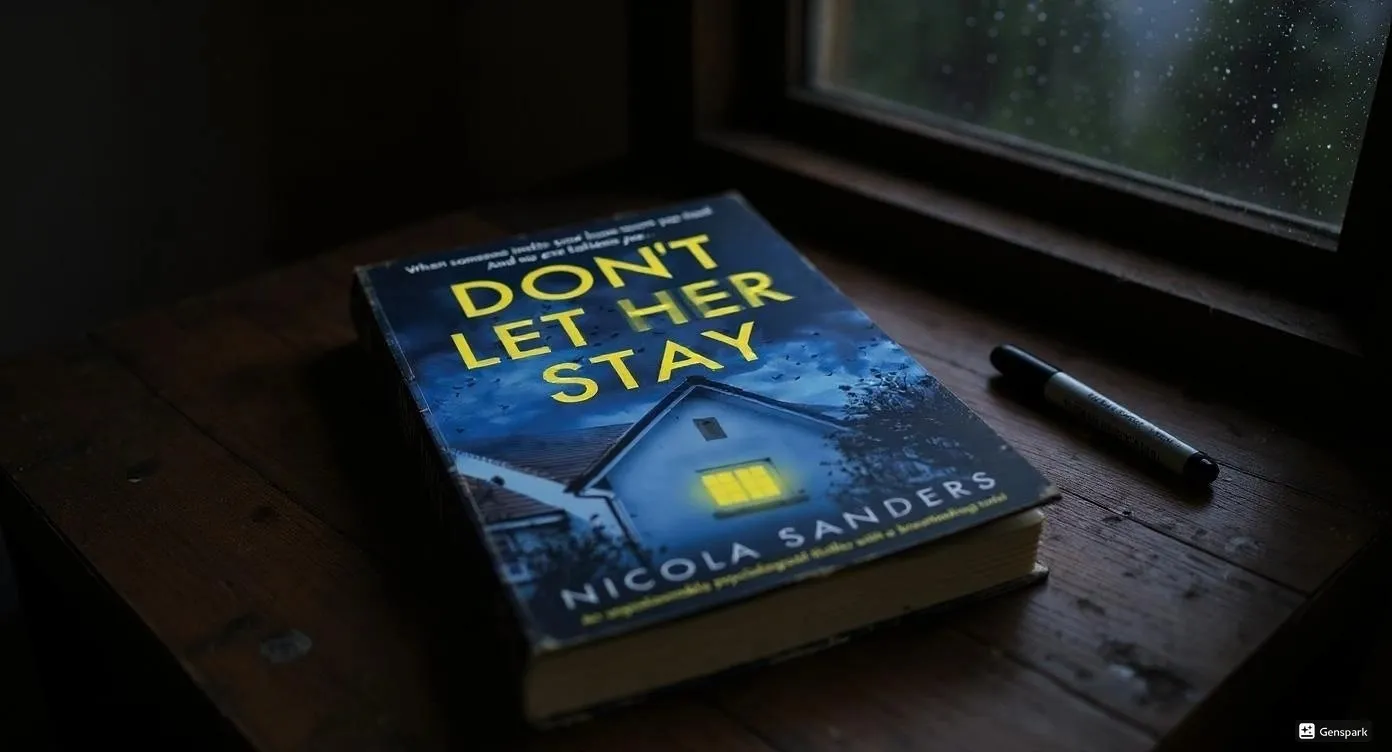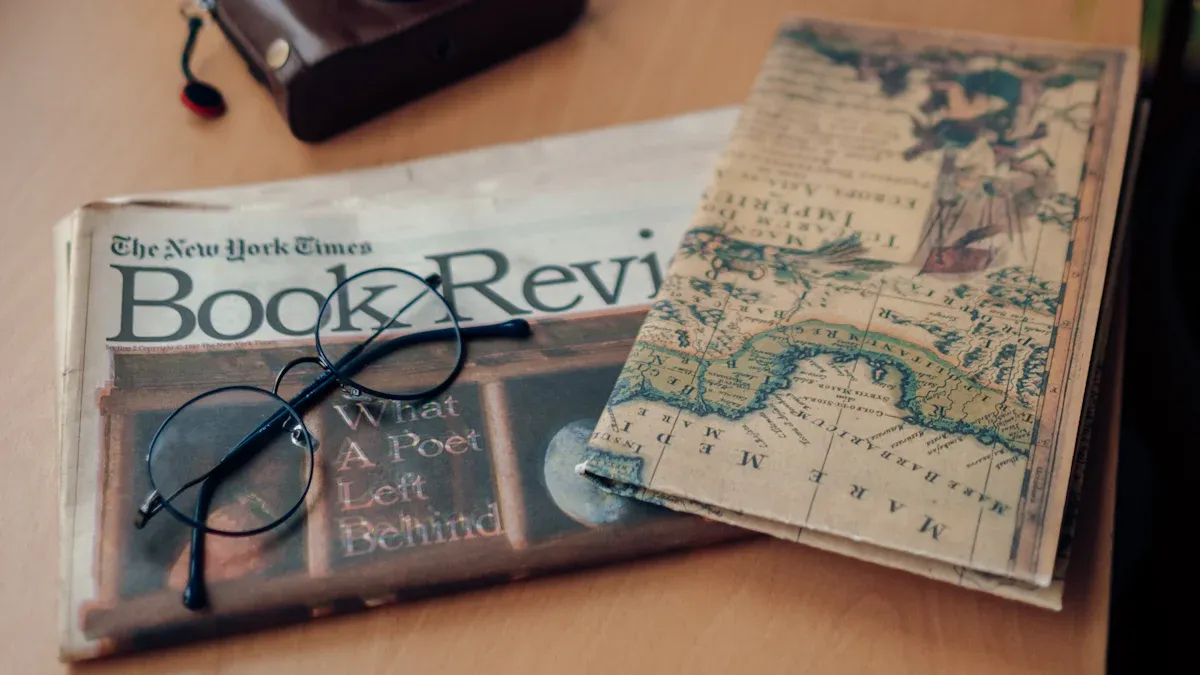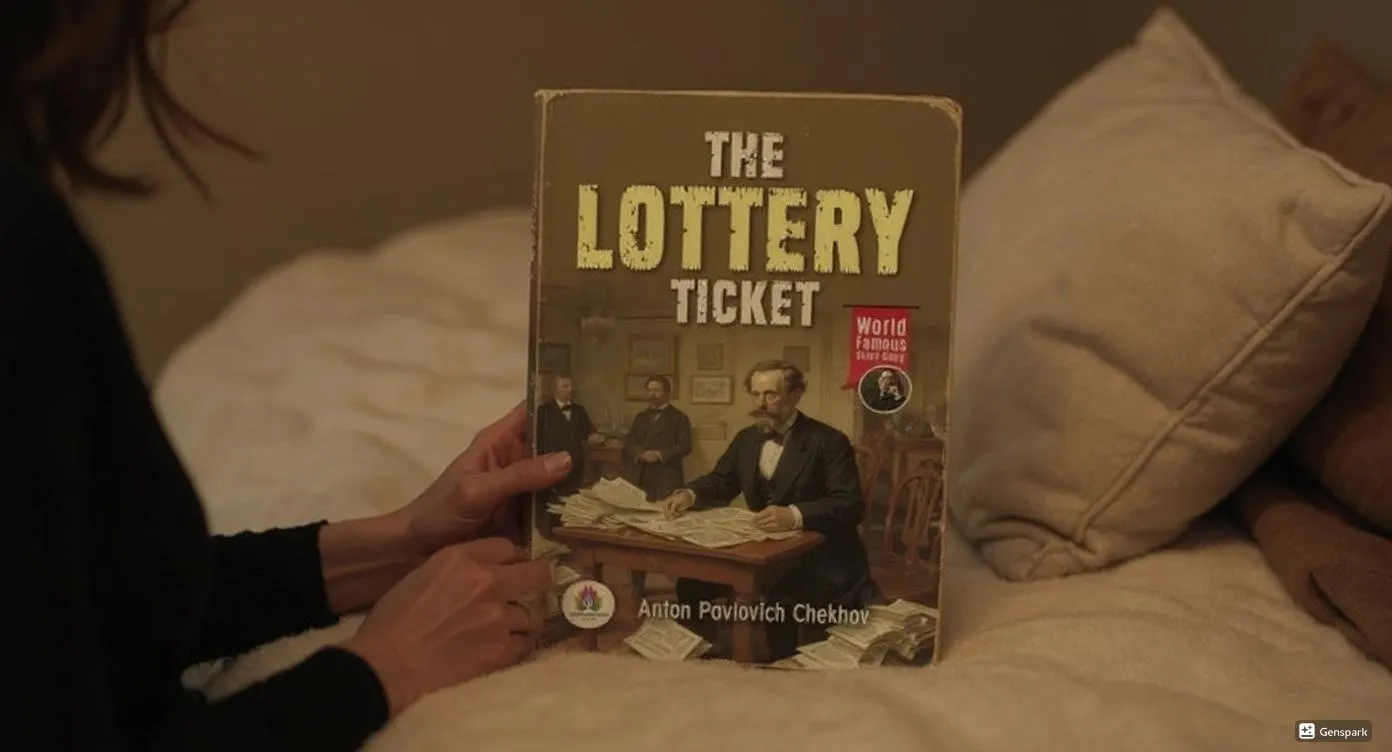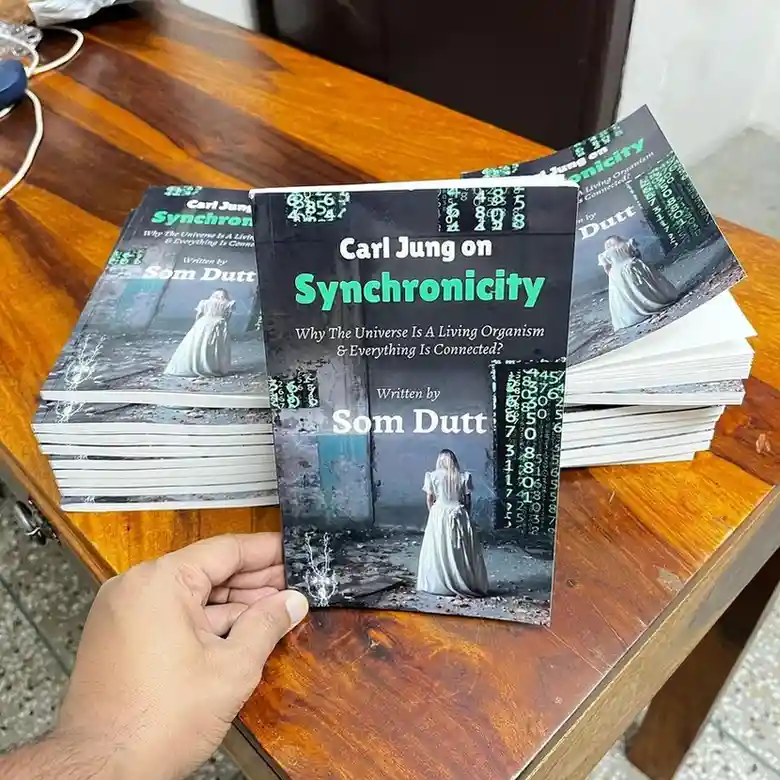I finished The Climb: Creating an Everest Mindset by Rachel Davis late at night. My heart was pounding and my mind was racing. If you want to be stronger, lead others, or grow inside, this book is powerful.
The mix of memoir and leadership style grabbed my attention.
I saw real and useful lessons on every page.
The feelings in the book surprised me.
Key Takeaways
Rachel Davis explains that anyone can learn grit and bravery by facing hard things in their life, not just famous people or explorers.
The book shows how to split big goals into small steps and lead with courage even when things are not clear or are scary.
True stories about fear, hope, and struggle make the lessons feel real and help readers want to keep climbing their own mountains.
Book Overview
Premise
When I started The Climb, I thought it would be a normal leadership book. But it gave me much more than that. Rachel Davis shares her own story, both her real-life journey and her feelings. She shows how anyone can learn grit and bravery.
She talks about her time in the Army and her personal hard times. This makes her story feel honest and true. The book is not just about famous heroes. Davis talks about how places like Babylon, Assyria, Phoenicia, Uruk, and Byblos changed how people face hard things and grow.
I liked how she added stories from ancient Egypt, Carthage, and the Mongols.
She helped me see that being strong is for everyone, not just a few people.
Each chapter felt like reaching a new mountain top.
Davis’s way of telling her story made me stop and think about my own “Everest moments.” I felt like she understood me.
Main Themes
Davis does not only talk about climbing big mountains. She also explains what it means to lead when things are not clear. Her main ideas are easy to see because she uses stories and facts.
First, she explains the problem—how do we keep going when life is hard?
Next, she teaches how to make big goals smaller, using facts and her own stories.
She groups lessons and feelings together, so you can see patterns.
Key Takeaways
Everest Mindset
I have to give props to Rachel Davis for making the Everest metaphor feel fresh. She doesn’t just talk about climbing a mountain. She shows how every tough day can feel like a steep, icy slope.
I saw myself in her stories.
She made me believe that grit is not just for explorers or soldiers.
Every chapter gave me a new way to look at my own “Everest moments.”
Davis’s background as a former Army officer shapes her story. She writes with a mix of discipline and heart. I felt her drive to keep moving, even when the path looked impossible.
“You don’t have to summit Everest to face your own mountains,” she writes. That line stuck with me.
Leadership in Uncertainty
Reading The Climb, I noticed how Davis tackles leadership when nothing feels certain. She doesn’t pretend to have all the answers. Instead, she shares how she learned to lead through chaos—sometimes failing, sometimes surprising herself.
She talks about making decisions with limited information.
She admits to feeling lost, but she keeps going.
Her Army experience gives her stories extra weight.
I remembered a study about leaders during the COVID-19 pandemic. It showed that leaders who adapt and learn from tough times grow stronger. Davis’s story matches this. She learns from every setback. She shows that real leaders don’t hide from uncertainty—they face it head-on.
Another study I read looked at how leaders handle new technology and change. It found that when leaders stay flexible and open, their teams do better. Davis models this kind of leadership. She doesn’t just talk about being brave—she shows it, even when she’s scared.
Emotional Impact
I’ll be honest, this book hit me harder than I expected. Some chapters left me gasping. Davis doesn’t shy away from her feelings. She writes about fear, hope, and the pain of pushing through.
I felt her worry and her relief.
She made me think about my own struggles.
Her honesty made the lessons stick.
Researchers have tried to measure emotional impact in books and surveys. They use interviews and tests to check if people really feel what the author describes. Some studies show that these tools work, but they aren’t perfect. Still, I know what I felt reading this book. The emotions are real, even if science can’t measure every tear or smile.
“Sometimes the climb is inside you,” Davis writes. That line had me sobbing.
The Climb is more than a guide. It’s a reminder that we all have mountains to face. Davis’s story made me want to keep climbing, no matter how cold or steep the path.
Strengths & Weaknesses
Strengths
I have to give props to Rachel Davis for her storytelling. The Climb pulled me in with stories that felt real and raw. I saw how her words made me pay attention, remember details, and even guess what might happen next. That’s the magic of a good story—it uses so many parts of our brains at once.
The book’s stories helped me connect with Davis’s journey.
I noticed how her narrative style made the lessons stick.
I learned that strong storytelling can help us grow, not just in reading, but in life and school too.
“Sometimes the climb is inside you.” That line made me stop and think about my own life.
Davis also gives practical advice. She breaks big problems into small steps. I found her tips easy to use, even on tough days. The emotional depth surprised me. I felt her fear, hope, and relief. That honesty made the book special.
Weaknesses
To be fair, not every part worked for me. Some chapters moved slowly. I wanted the story to keep climbing, but it sometimes paused too long. The focus on Army life and ancient cities might not grab everyone. If you want a fast read or don’t care about leadership, you might lose interest.
Some lessons repeat, which made a few pages feel long.
The book speaks most to people who like self-help or leadership stories.
Still, The Climb left me thinking about my own mountains. I finished it feeling stronger, even if I wished for a quicker pace in spots.
Who Should Read This Book
Ideal Readers
I kept thinking about who would get the most from The Climb. This book speaks to people who want more than just stories. It calls out to anyone searching for grit, leadership, or a way to handle tough days. If you ever felt stuck or wanted to grow, you might see yourself in these pages.
People who love memoirs with real emotion
Readers looking for leadership lessons that feel honest
Anyone facing a big challenge or change
Those who want practical steps, not just big ideas
I noticed that books like this often attract readers who want to solve problems or find new ways to think. Some want to feel less alone. Others hope to learn from someone who has walked a hard path. The book fits readers who like self-help, but it also works for those who just want a good story with heart.
“Sometimes the climb is inside you.” That line made me realize this book is for anyone who faces their own mountain, no matter their age or background.
When to Read
I picked up this book on a night when I felt lost. That was the right time. If you feel stuck, tired, or unsure, this book might help. It works best when you need a boost or want to see how someone else kept going.
During a big life change
When you need motivation
If you want to build new habits
On days when you feel alone in your struggle
Reading habits change by age and country, but the need for hope and courage never goes away. I found that The Climb fits those moments when you want to feel seen and inspired.
Personal Impact
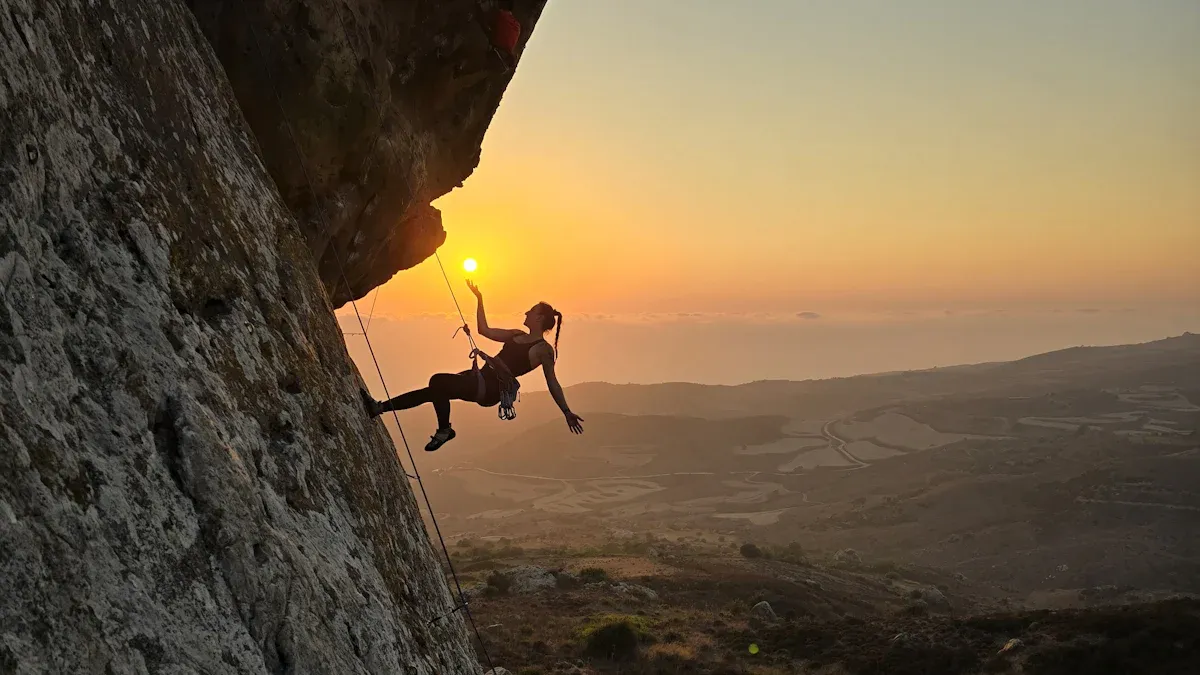
Inspiration
I finished The Climb and felt a spark inside me. I saw how real people, not just the author, changed their lives after reading stories like these. Some readers used the book to set big goals and actually reach them.
One person even got a check for almost a million dollars after following the advice. Another left a low-paying job and started a business that tripled their income. I read about a student who stopped settling for less and aimed higher. These stories made me believe that small steps can lead to huge changes.
The book reminded me of volunteers who help families after storms or disasters. They show grit and kindness, just like Davis describes. Their courage and teamwork inspired me to look for ways I can help others, too.
I saw how people used the book to fix relationships and inspire friends.
Some even gave the book as a gift to spread hope.
A coach called it their “bible” for helping others chase dreams.
Applying the Everest Mindset
After reading, I wanted to try the Everest mindset in my own life. I learned that leaders need to listen, ask for advice, and make tough choices. Davis showed me that it’s okay to fail, as long as I learn and keep moving. I started breaking big problems into smaller steps, just like she suggests.
I now try to balance confidence with listening to others.
I ask for help when things get confusing.
I remind myself that teamwork and courage matter most when things get tough.
The Climb taught me that anyone can grow stronger. I see now that every challenge is a chance to climb higher.
I closed this book feeling braver and more honest with myself. The stories stuck with me. If you want real growth or leadership, this one hits hard. Here’s why I landed on my rating:
Criteria Category | Impact on Final Rating |
|---|---|
Emotional honesty | High |
Pacing | Moderate |
Practical advice | High |
Niche appeal | Moderate |
Honest stories pushed me to face my own bias.
Practical steps felt doable, not just talk.
Dionysus Review Rating: 7/10
Sip The Unknown—Discover Stories You Never Knew You’d Love!
Dionysus Reviews Has A Book For Every Mood
Biography & Memoir
Fiction
Mystery & Detective
Nonfiction
Philosophy
Psychology
Romance
Science Fiction & Fantasy
Teens & Young Adult
Thriller & Suspense
Frequently Asked Questions
Does this book work for people who are not leaders?
Yes! I found lessons for anyone facing tough days. You do not need a fancy title to use the Everest mindset.
Is the book hard to read?
Not at all. I breezed through most chapters. The stories and advice felt clear and real, even when I felt tired or distracted.
Can I use these lessons in everyday life?
Absolutely. I started using small steps from the book right away. The advice fits work, school, and even family challenges.
